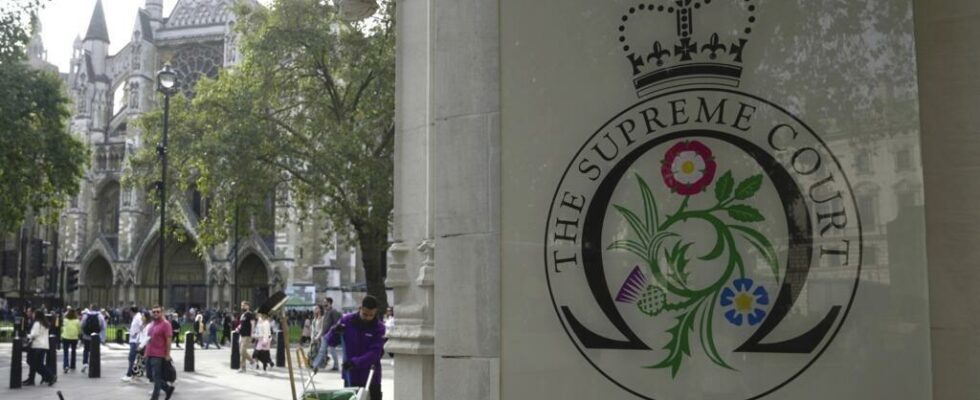What is a woman? The question, which seems banal, concerns the British Supreme Court. Seized by a Scottish feminist group wanting to protect a quota of women in public companies, the highest British court must rule within a legal framework what defines the “ sex » of each person: is it purely a question of biological sex and its genital attributes at birth or should this definition take into account gender and what each person identifies with?
2 mins
From our correspondent in London,
The Supreme Court must determine what the word “ sex » within a legal framework. This particularly in the context of the demands of certain people who do not recognize themselves in the biological sex assigned to them at birth, they are what we call transgender people. In the UK, it is possible to legally change your gender – although it is a very long and highly medicalized process.
The affair began in Scotland. Every nation of United Kingdom has a certain legislative autonomy. In 2018, the Scottish Parliament passed a law so that women are more represented in public companies and this includes transgender women, i.e. people born in a man’s body but who feel like women.
Biological facts?
This reform was challenged in court… by a feminist group: For Women Scotland believes that the law must stick to biological facts. Their fear is that men will take this step in order to take the place “ reserved ” Women’s. This applies in the case of quotas in companies, but, according to them, it goes much further: for example; single-sex spaces such as changing rooms or even shelters for victims of domestic violence.
Another argument: gender identity is one of the characteristics protected by anti-discrimination laws. For example, you cannot be fired for being transgender. And the For Women Scotland group is concerned about the exploitation of this characteristic.
Scottish justice has so far rejected their appeals.
A decision that could “ignite” the debates
The Supreme Court may not make its decision for several weeks, it will apply to the whole of the United Kingdom. One way or the other, it will bring clarity. Local authorities and public services have been asking for clarification for years on how to interpret the law and how to apply it in practice: for example, in emergency accommodation or in hospitals. Who should be considered a woman or a man.
Following the Supreme Court’s judgment, Parliament could also decide to revise its laws on equality and the fight against discrimination and create a distinction between cisgender and transgender people. This makes minorities fear being further stigmatized and especially of reopen a debate which often proves very toxic in the United Kingdom.
Also readIn France, the long obstacle course of LGBTQ+ refugees
